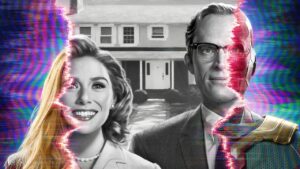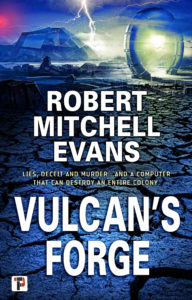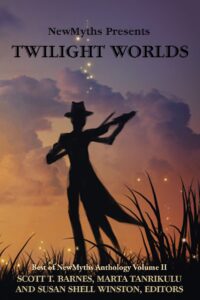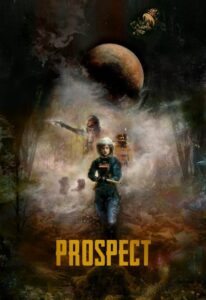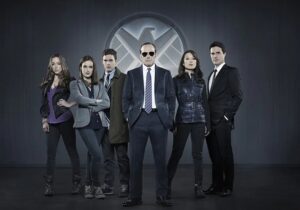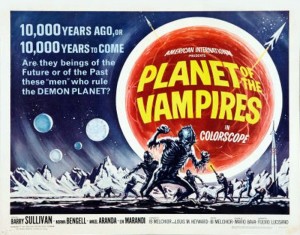My work in progress, currently titled as Murder on the Bellerophon, has reached 76,000 words and I am expecting that the finished first draft will land between 95,000 and 100,000 words. My published novel, Vulcan’s Forge available wherever you buy books, was a slim 80,000 words but at this moment I do not feel that the current WIP is in need of any serious cutting.
I am also happy to report that I have written my way through what I expected to be the most difficult sequence in the novel. When I outlined the book, my intent was to tell the tale from a single viewpoint. I think with mysteries it is best to restrict your viewpoints as much as possible. However, in the planning I developed a sequence where a character is chased by an angry mob and it was simply impossible to have my protagonist present. A part of me dreaded this essential plot development while not having my point of view right there. It is the sort of scene that can easily be boring if told via another character’s flashback or worse yet watched by the protagonist on a monitor. Surprisingly when I actually reached that section, it rolled on with the same ease that the previous chapters had.
I have a few more scenes that will be written this week and with those Act 4 will close and I will swing into the novel’s final act. Then will come revisions and editing and then the beta readers. There is always more work to be done.

